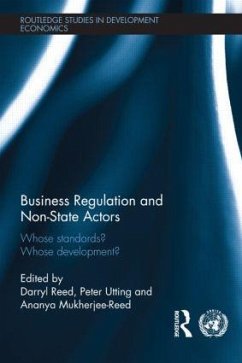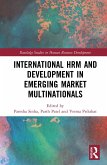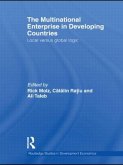The emergence of an increasingly global economy has involved changes in production, improvements in technology, and the liberalization of international trade and finance. Critics of neoliberalism are concerned that in the new economic environment, many firms do not act responsibly, failing to play by the spirit of market rules or to live up to their obligations to key stakeholder groups. Furthermore there is not the same economic institutions and legal frameworks in place in the international realm that we have in the domestic realm to ensure that the economy functions in line with basic principles of market competition. In this context of contestation about the desirability of the neoliberal variant of globalization, there has been a sharp rise of non-state regulatory initiatives. This book investigates the manner in which and the degree to which non-state initiatives that regulate the activities of business contribute to inclusive development, especially the development prospects of the most vulnerable sectors of society. The collection includes a variety of individual cases as well as some theoretical and comparative pieces.
This volume assesses the achievements and limitations of a new set of non-state or multistakeholder institutions that are concerned with improving the social and environmental record of business, and holding corporations to account.
This volume assesses the achievements and limitations of a new set of non-state or multistakeholder institutions that are concerned with improving the social and environmental record of business, and holding corporations to account.








